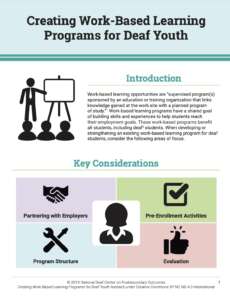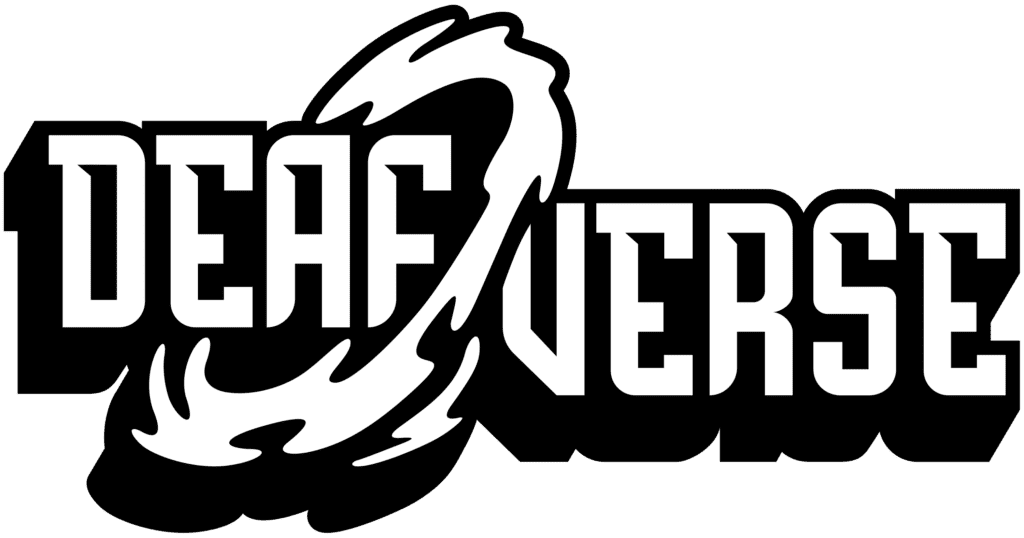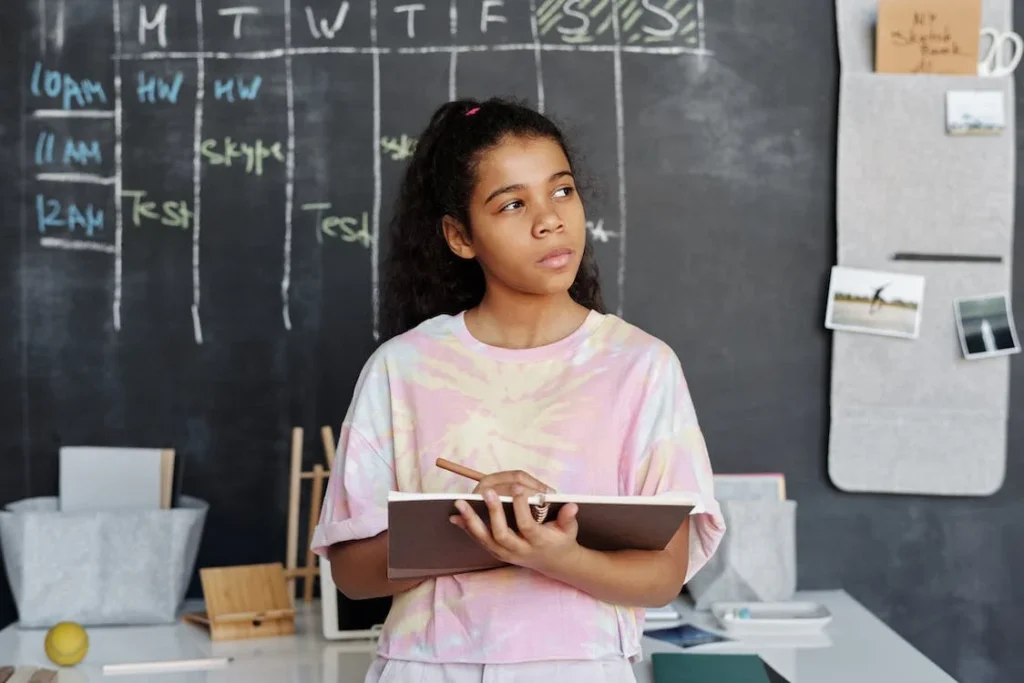Home » Resources » Transition » Developing Career Readiness
Developing Career Readiness
Work Based Learning (WBL) programs and Virtual Career Exploration (VCE) promote career success for deaf students, which leads to improved social capital and opportunities for engagement. These programs also provide an opportunity for deaf students to work with people they would normally not have contact with, as well as experience a sense of community. Deaf students benefit from opportunities to develop workplace readiness skills that may not otherwise be accessible to them.
Work Based Learning
Providing deaf students with opportunities to apply what they learn in the classroom to career settings is important for preparing them for life after high school. WBL programs use “community workplaces to provide students with the knowledge and skills that will help them connect school experiences to real-life work activities and future career opportunities.”
Federal legislation, such as the Workforce Innovation and Opportunity Act (WIOA) and the Every Student Succeeds Act (ESSA), emphasizes the importance of providing students with work-based learning opportunities.
Deaf students can learn more about potential careers, better understand their abilities, and improve their time management skills through work-based learning programs.
Benefits For Deaf Youth
- Work based learning programs can help students develop new workplace skills, develop positive attitudes about academic skills, and improve motivation for academics and careers.
- Youth who participate in work-based learning programs also experience improved communication skills, problem-solving skills, and self-confidence.
- Early work experiences lead to improved postsecondary outcomes and specifically higher levels of long-term employment.
- Youth can experience greater job satisfaction by participating in work-based learning programs.
- Apprenticeships can lead to higher wages and better standards of living for people with disabilities.
- Internships provide on-the-job learning, as well as development of a professional network and references.
Benefits For Businesses
- Businesses that participate in work-based learning programs can improve productivity and employee retention.
- Work-based learning programs can help increase workforce diversity, an invaluable asset, by providing businesses with underrepresented individuals who are not traditionally in their pipeline of workers.
- Businesses can learn about inclusion and diversity by including youth with disabilities in their work environments.
Pre-ETS Services: What Are They?
Pre-Employment Transition Services (Pre-ETS) are designed to help students explore their career interests and postsecondary options, while traditional VR services focus on achieving specific employment goals. Together, these services support and empower students with disabilities to navigate their educational and career pathways effectively, ensuring they are well-prepared for successful transitions into postsecondary education and the workforce. Ready to dive into the world of Pre-ETS?
Spotlight: Idaho Food Truck
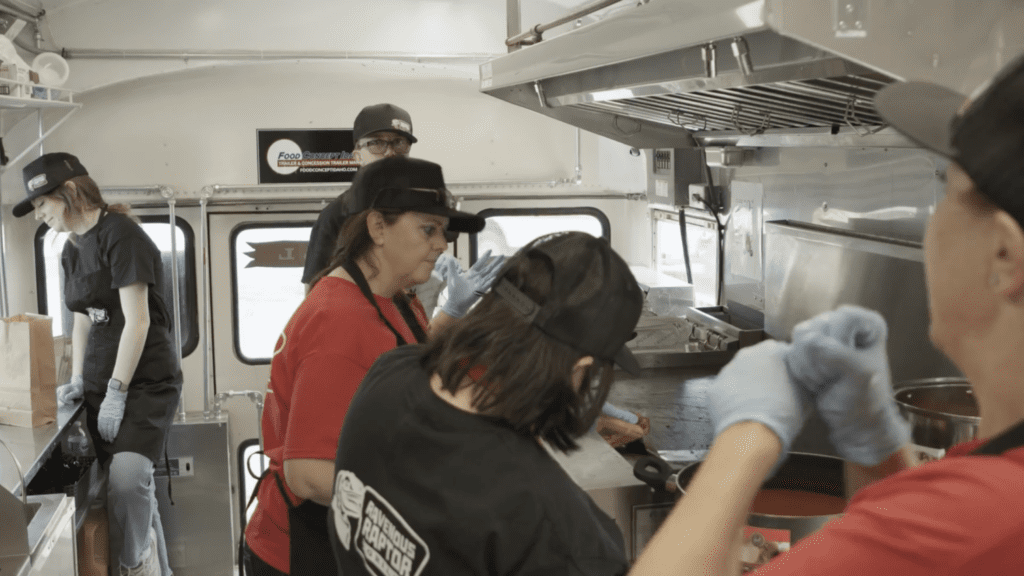
The Idaho Food Truck Project: Where Are They Now?
Our “Stories from the Field” piece details the transformation of a school bus into a fully functioning food truck,
where the students are the ones running the entire operation, with the invaluable support of the staff.
Work-Based Learning: Stories from the Field - the Ravenous Raptor Food Truck
Learn more about the Ravenous Raptor food truck, operated by students from the Idaho School for the Deaf and Blind.
Additional WBL Resources
ONLINE LEARNING
Work-Based Learning (WBL) programs offer students valuable chances to connect their classroom learning with real-world employment. These programs serve as a bridge for deaf students, enabling them to discover career pathways, explore various job options, and acquire highly sought-after practical experience in today’s job market. In this module, we delve into the fundamental aspects of WBL programs.
Virtual Career Exploration
Virtual Career Exploration programs provide deaf students and families an opportunity to explore a variety of career options prior to beginning transition planning for after high school. Virtual Career Exploration programs vary in structure and are primarily based on program goals. Common components often include the use of career interest inventories, resources and tools to support the development of student skills for postsecondary success, and hosting virtual events that connect deaf students with deaf professionals.
Role Models Have a Big Impact on #DeafSuccess
Deaf role models offer support from a place of shared understanding and life experience. With deaf role models, deaf youth are more likely to strengthen

State Spotlight: South Carolina Shows Deaf Students New Roads to #DeafSuccess
Deaf students across the country are constantly being underestimated, and working against stereotypes that lower their expectations. In fact, low expectations is one of the
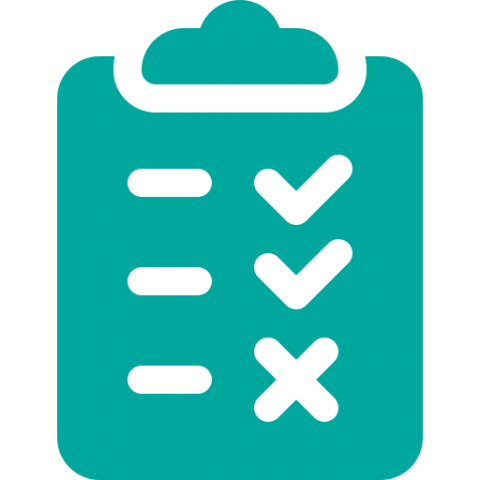
Transition/Life Skills Checklists and Resources
Recently, Casey Brown, Director of the Arkansas Career Center at the Arkansas School for the Deaf, posted a question to the NDC listserv community
Career Exploration in Action
Aimee's Story: Shadowing
Liz's Story: Effective Communication
Zach's Story: Internship
Deafverse is a choose-your-own-adventure online game created just for deaf teenagers, where they can learn important skills for success in high school and beyond. In World Two: Revenge of the Deep, with a new partner, Kat, you search for Catbot, your trusty sidekick from World One, on an island filled with ravenous sea monsters. Along the way, you pick up vital workplace readiness skills like how to evaluate employment options, confidently disclose deafness, request accommodations, and resolve conflicts that will inevitably arise on the job. For more on on career readiness from Deafverse, check out the resources below!



